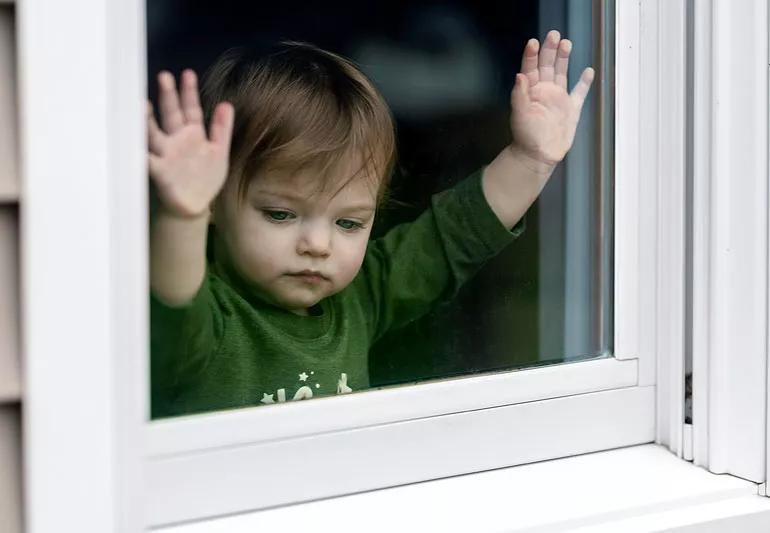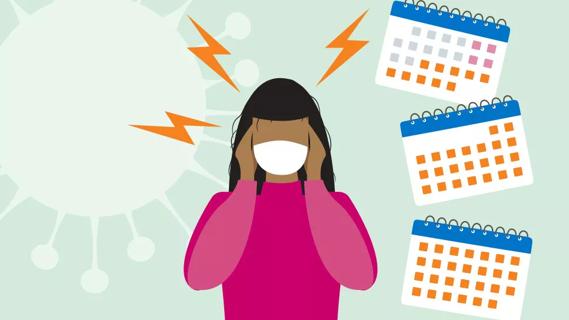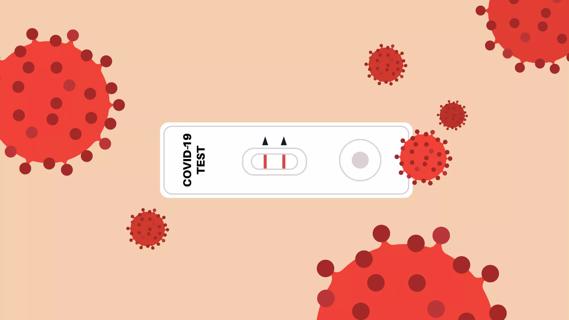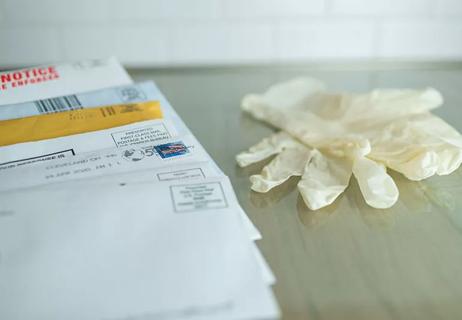The short answer from a pediatric specialist

With most schools, libraries and activity centers closed to help contain the spread of coronavirus, many parents are asking if it’s safe to schedule a playdate for their kids.
Advertisement
Cleveland Clinic is a non-profit academic medical center. Advertising on our site helps support our mission. We do not endorse non-Cleveland Clinic products or services. Policy
Unfortunately, it’s not recommend at this time.
When it comes to playdates, especially with younger kids, there’s no way you can really provide direct supervision, because they’re playing together in enclosed quarters. Often time’s kids play pretty close to each other, and at this time that’s not recommended.
The point of canceling school and activities is to promote social distancing, which means keeping a distance of about six feet from others to prevent spreading germs.
And although early data suggests COVID-19 doesn’t seem to severely affect children, kids may be carriers and able to infect others.
So what’s a kid supposed to do all day?
It’s okay for a child to play outside to burn off some energy, but parents need to be vigilant with hand washing, especially if they’re heading to a park with plenty of common areas (think benches, life-size animal statues to climb on) that they might touch.
Why are so many communities roping off playgrounds with caution tape? Playgrounds have a lot of hard, metal surfaces, so the rates of contamination and the risk of exposure is particularly high. If your kids are very young and can’t follow directions about not touching everything or not washing their hands properly, then it’s probably not a good idea to take them — even if they remain open in your area.
Advertisement
Children with a cold, congestion, cough, fever or diarrhea should not be allowed to play with healthy siblings or other kids.
– Purva Grover, MD, Medical Director of Cleveland Clinic Children’s Pediatric Emergency Departments.
Advertisement
Learn more about our editorial process.
Advertisement

The short answer: It’s complicated, but the basic care precautions still prevail, like washing your hands and isolating if you’re sick

They can feel like a typical headache or a migraine headache, but the pain can last for weeks to months

Any large social gathering — from a family birthday party to an indoor music concert — has the potential to spread serious infection

It’s important to connect with a healthcare provider, get quality sleep and balance your activities with your energy levels

Just like the flu, COVID-19 will continue to evolve every year

The duration varies, but symptoms can linger for a few days up to a couple weeks or more

Vaccination is best for prevention, but if you get sick with COVID-19, treatments are available

The virus lives best in humans, but it can last on hard surfaces, like doorknobs and railings

Type 2 diabetes isn’t inevitable with these dietary changes

Applying a hot or cold compress can help with pain